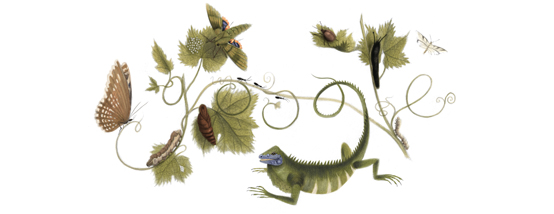Growing plants
with each other helps us deal with change like being in hospital against our wish
and diagnosed with a mental illness or living with it. Yes, just like growing
plants recovery also takes too much time and needs more patience. Maybe it is
time to accept it and relax into your ‘new life’. Keeping hope and motivation
alive rather than seeing living as a battle to be won.
The Aloe vera project started with plantlets
donated by Regional Neurological Rehabilitation Unit (RNRU) grown on their
windowsill. They are doing well indoors in a shady corner. We started the garden
pea project in February and it took us four months involving patients and staff
in planting, fertilizing with homemade organic liquid fertilizer transferring
seedlings to outdoor space, watering and harvesting in June. It was a lovely
summer gardening activity with many photos.
Miller (1992) suggests that hope is the anticipation of a continued good
state, or a release from a perceived entrapment. Hope is an anticipation of a
future which is good and which is based upon mutuality, a sense of personal
competence, coping ability, psychological well-being, purpose and meaning in
life, as well as a sense of “the possible”.
A growing body of research
shows that simply being around greenery profoundly benefits the mind and body,
from lowering blood pressure, improving mood, reducing the perception of pain
to promoting relaxation amongst other general wellbeing.
Our current garden project indoors on our windowsill is the
green vegetable ‘Callalloo’ with seeds (Amaranthus sp.) imported from Cameroon
in West Central Africa. Callaloo is a Caribbean dish that originated in Africa. In
Nigeria ‘efo-tete’ is used extensively and also appreciated in many West African
countries. The amaranth leaves or ‘African spinach’ make ravishing
dishes rich in vitamins and minerals for regenerative nutrition and health.
A similar therapeutic gardening project can be initiated in collaboration with other health professionals in the UK and all you need to do is contact us and we will be willing to support you.
Our seedlings are on sale and sometimes presented as gifts to patients, carers, friends and colleagues. All funds raised are used to support the project to be sustainable. For those who may not wish to buy our seedlings, your kind donation to Bevan Ward (PICU/LSU) Therapeutic Garden Project will be greatly appreciated and acknowledged.









